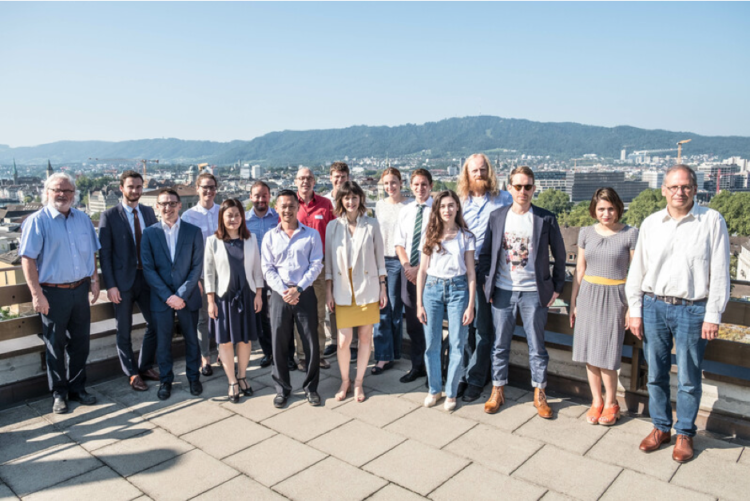At the end of August, ICT4Peace Foundation, with support from the German Federal Foreign Office, conducted a two-day workshop on trusted attribution in cyberspace. The workshop was organised with the intention of inciting debates among key stakeholders concerning different attribution practices and the idea of creating an independent network of organisations engaging in peer-review assessments and substantive analyses – an idea already floated by ICT4Peace Foundation in 2018 (Trust And Attribution In Cyberspace).
During the workshop, participants engaged in discussions around key stumbling blocks related to trusted attribution practices in cyberspace and potential mitigating measures. They also devised a number of criteria/strategies for effective collaboration setups and reported on related processes pursued in other fora.
Overall, participants agreed that there is value in raising the consequences for perpetrators in cyberspace through shared, network-based attribution practices. It was noted, however, that rather than focusing on blame ascriptions and finger-pointing exercises, there is greater merit in carrying out peer-centred fact-finding and review activities. Collaboration oriented fact-finding processes can go a long way in terms of creating shared incident histories and inducing more robust accountability and responsibility structures.
Inspired and motivated by the high levels of engagement exhibited by the participants over the course of the workshop, ICT4Peace Foundation hopes to take discussions forward and get more clarity around organisational and procedural aspects concerning peer-review based fact-finding processes.

